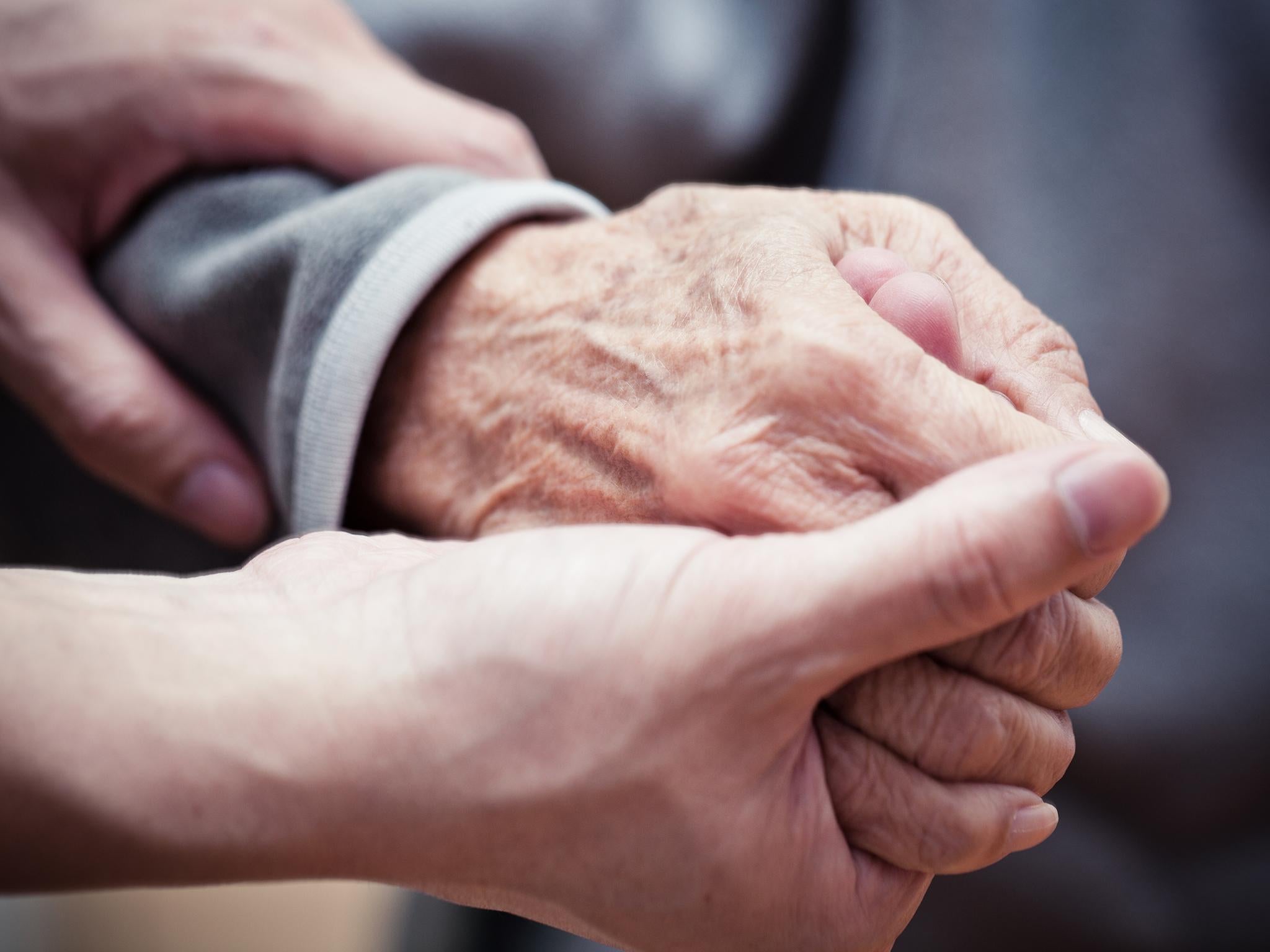Being single increases dementia risk, new research finds
Review of 14 studies presented at the Alzheimer's Association International Conference

Your support helps us to tell the story
From reproductive rights to climate change to Big Tech, The Independent is on the ground when the story is developing. Whether it's investigating the financials of Elon Musk's pro-Trump PAC or producing our latest documentary, 'The A Word', which shines a light on the American women fighting for reproductive rights, we know how important it is to parse out the facts from the messaging.
At such a critical moment in US history, we need reporters on the ground. Your donation allows us to keep sending journalists to speak to both sides of the story.
The Independent is trusted by Americans across the entire political spectrum. And unlike many other quality news outlets, we choose not to lock Americans out of our reporting and analysis with paywalls. We believe quality journalism should be available to everyone, paid for by those who can afford it.
Your support makes all the difference.Being single or widowed increases the risk of dementia, new research has found.
The findings, which were presented at the Alzheimer's Association International Conference in London, found being single increased the chance of getting dementia by 42 per cent.
The review of 14 studies also indicated that those who were widowed had their chance of getting dementia go up by a quarter.
The research, carried by experts from Camden and Islington NHS Foundation Trust and University College London, found no increased risk for divorced people.
Dementia commonly occurs is people over the age of 65 and is associated with an ongoing decline of the brain and its abilities.
Dr Laura Phipps, from Alzheimer's Research UK, tried to explain the results by saying spouses might help encourage crucial healthy habits and provide necessary social support.
"There is compelling research showing married people generally live longer and enjoy better health, with many different factors likely to be contributing to that link.
"People who are married tend to be financially better off, a factor that is closely interwoven with many aspects of our health,” Dr Phipps said.
"Spouses may help to encourage healthy habits, look out for their partner's health and provide important social support.
"Research suggests that social interaction can help to build cognitive reserve - a mental resilience that allows people to function for longer with a disease like Alzheimer's before showing symptoms.”
Dr Phipps also added that education and levels of physical activity play an important role is determining the likelihood of getting dementia.
"While people who are unmarried or widowed may have fewer opportunities for social engagement as they age, this certainly isn't always the case.
"This research points to differences in levels of physical activity and education underlying much of the differences in dementia risk between single, married and widowed people.
"Staying physically, mentally and socially active are all important aspects of a healthy lifestyle and these are things everyone, regardless of their marital status, can work towards."
Join our commenting forum
Join thought-provoking conversations, follow other Independent readers and see their replies
Comments